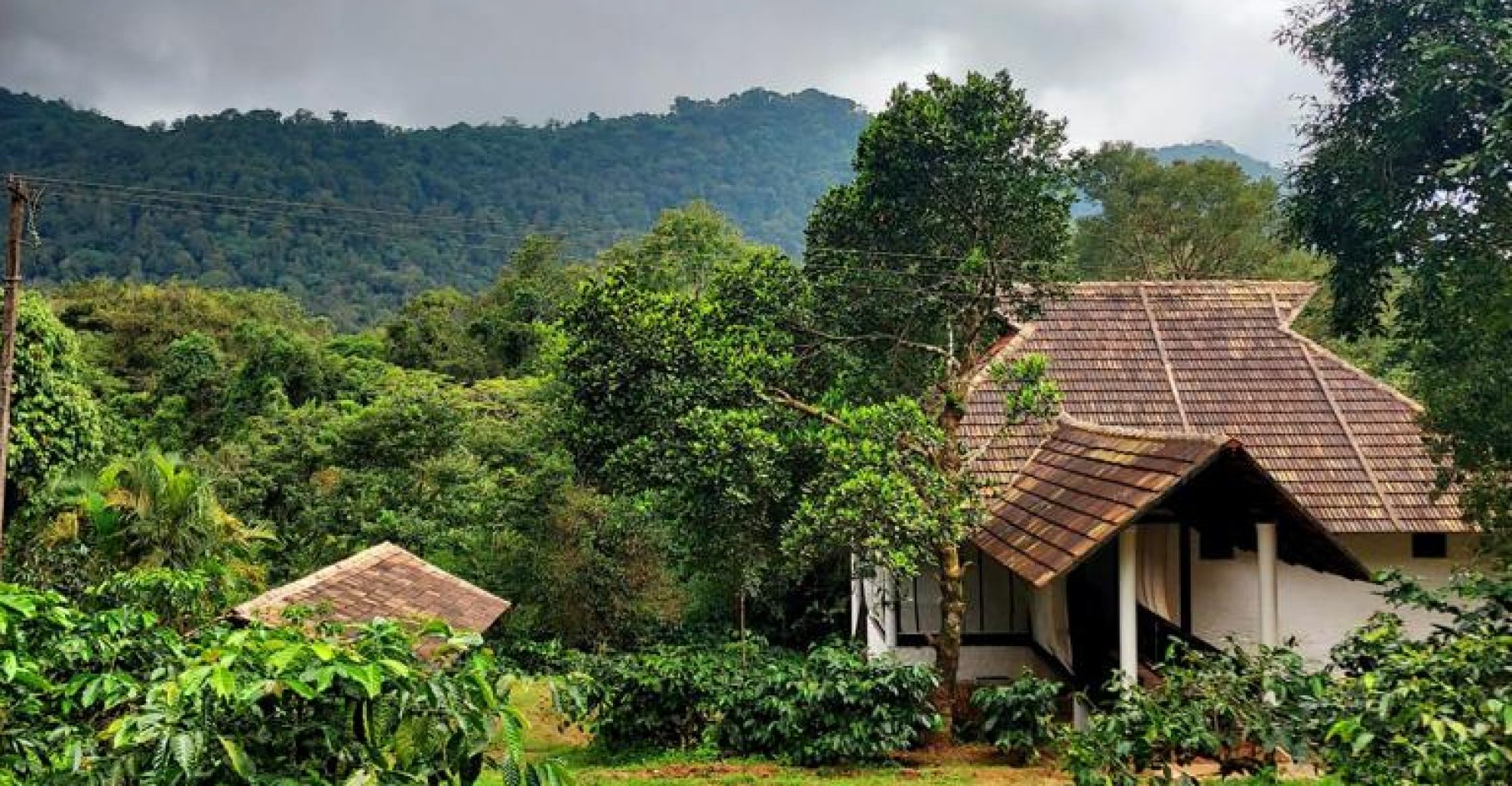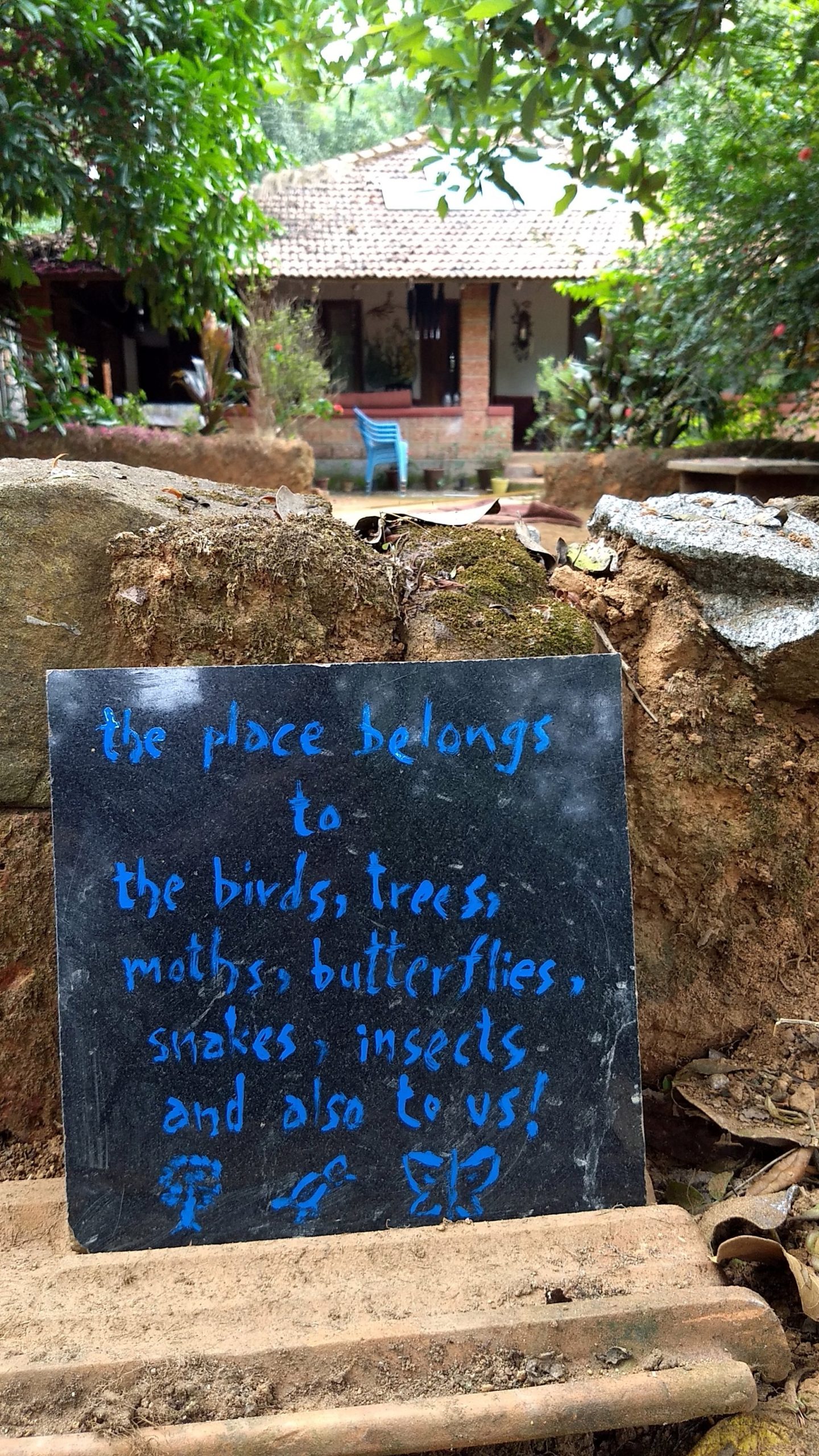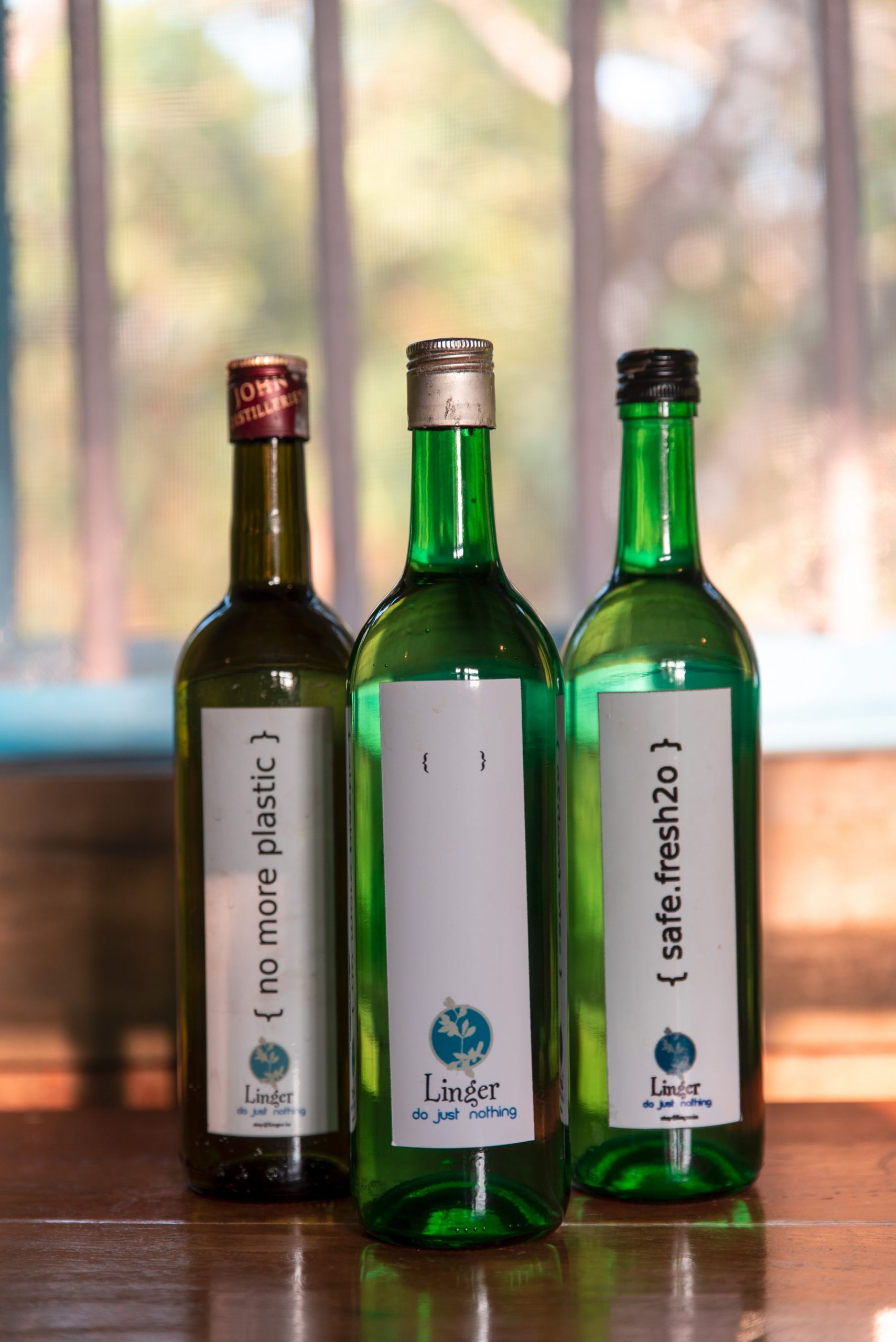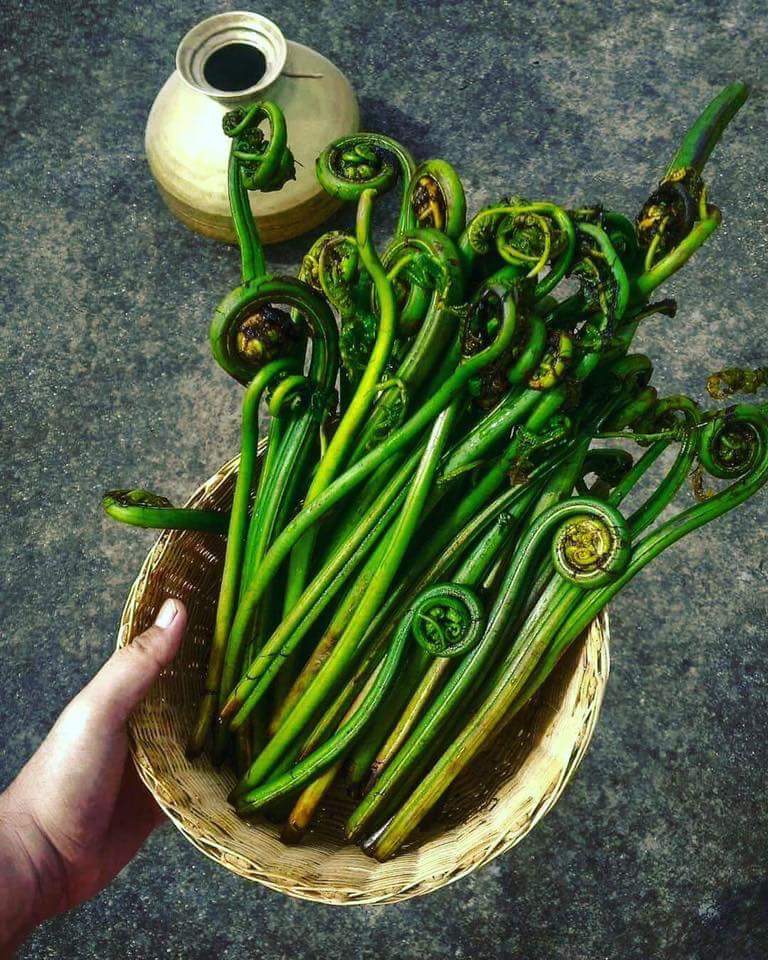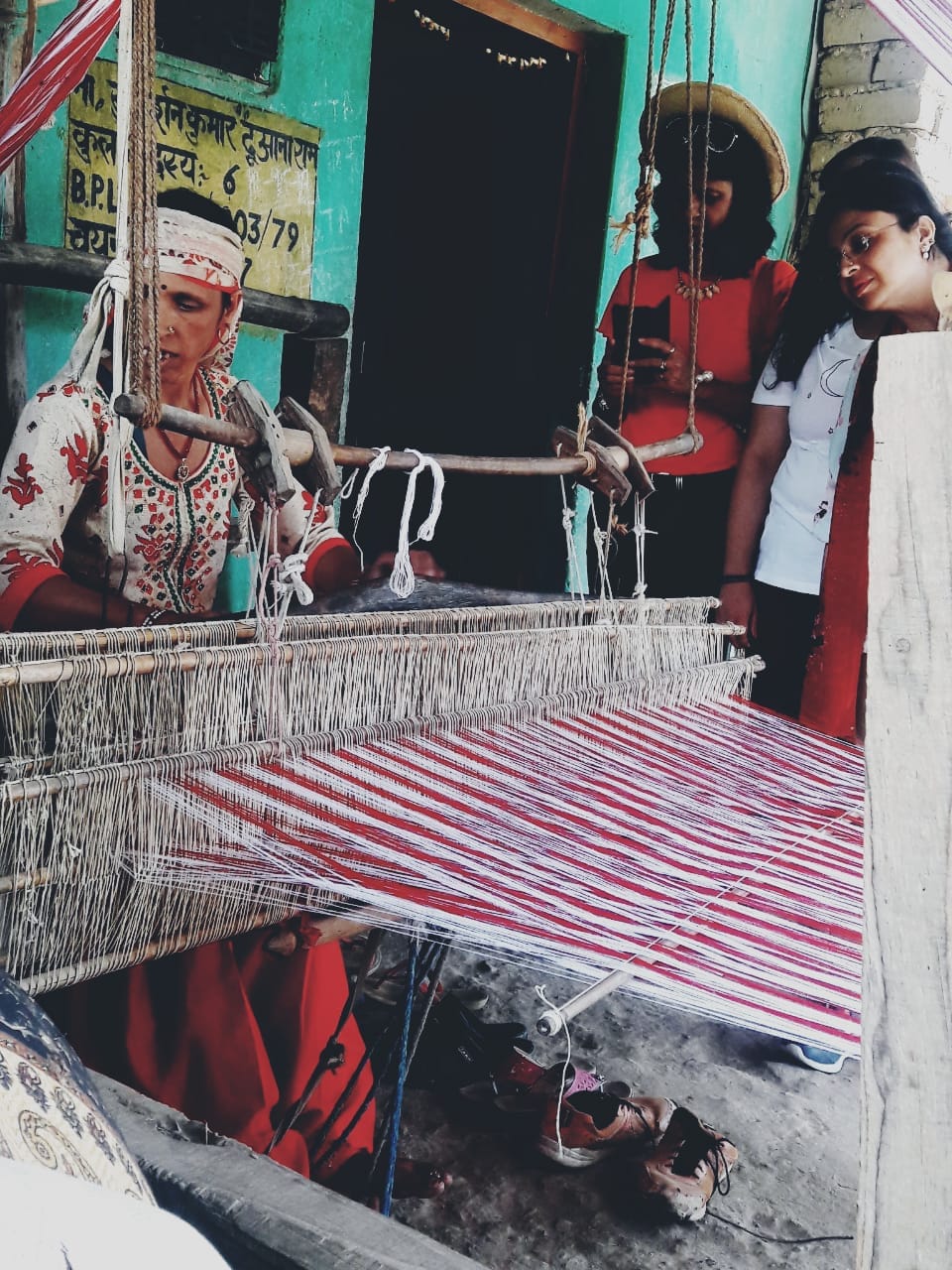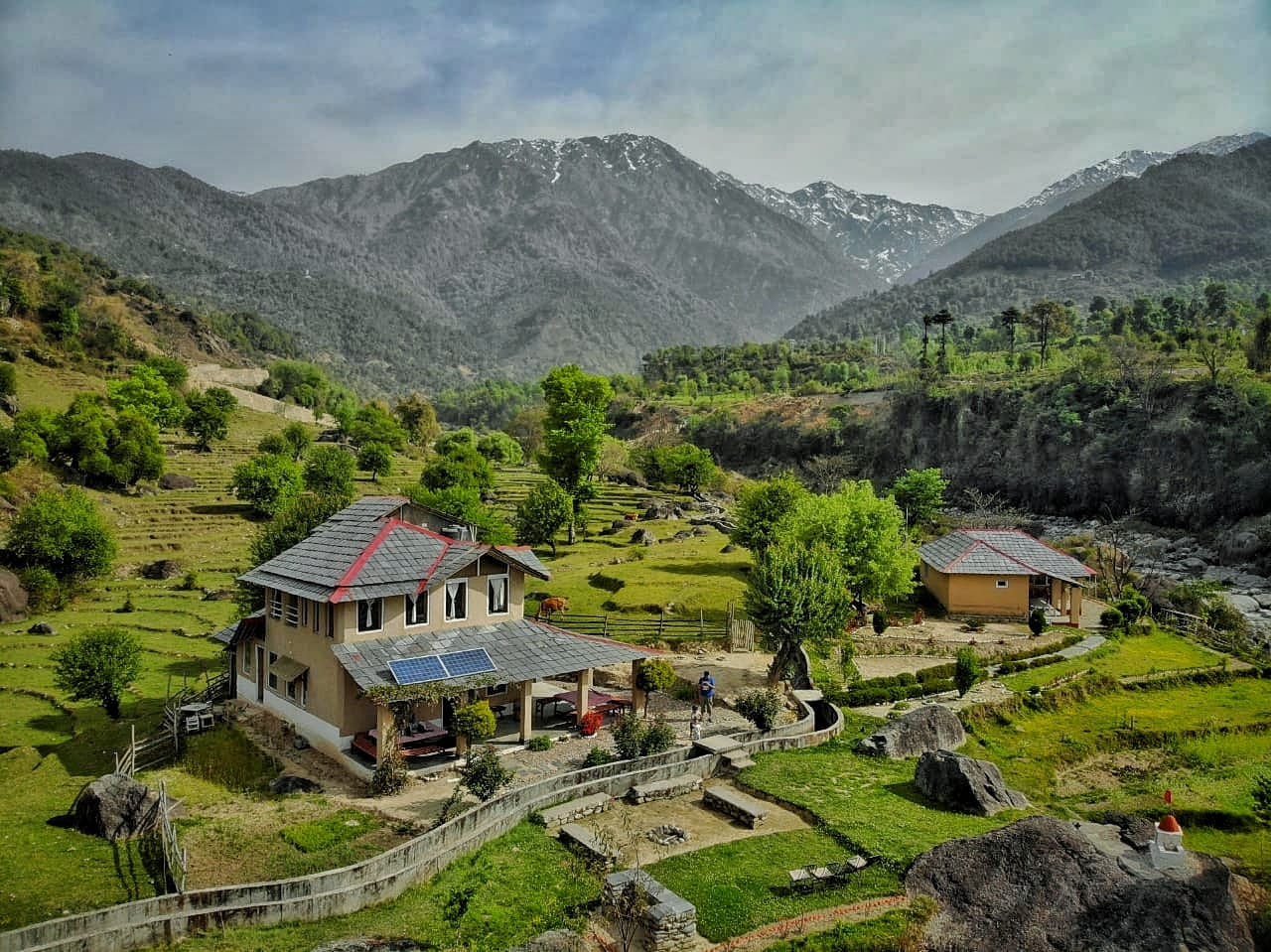We don’t really agree with the idea and tag of eco-friendly travel, unless you’re cycling or walking all the way from home. A flight across thousands of miles or a drive across hundreds already destroys any notion of eco-friendliness one might nurture, to start with!
Yet, there’s definitely much to think of in terms of travelling responsibly.
And being on the other end of this, we’ve realized – through experience, trial and error, some simple, commonsense fundamentals of what responsible, ethical travel (and a travel service) is about.
Respect The Local – Food, Customs, Livelihoods, Pace, Everything
We believe every little village in India, outside the big towns, is pretty and has a story. We think travel is about getting to these places and exploring these stories at the easy pace of life these afford, letting you linger over the tiny details and the small bits. This extends to the food, the customs, the livelihoods – everything that is from that place. The folks are from the area, and speak their languages, serve their food happily and proudly. It’s easy as a city dweller to inadvertently come across as a little patronizing or even condescending – and as a traveller important to seek to honour, respect and seek to understand how things are, not judge them too quickly or easily.
Leave Nothing But Footprints
Plastic bottles, sadly, are almost aspirational and thoughtlessly bought and used. This happens even in places with abundant, clean drinking water. At Linger we filter and bottle our own, do not serve bottled water and even discourage guests from bringing any – and carry bottles and other plastic back if they do bring some in. The best places got popular because they were pristine, and if we, as travellers, don’t go that extra mile to ensure we do not add to the packaging pressure on these places, we could end up losing all that’s wonderful about them soon. The fact that the traveller often sets the aspirational baseline for the local population adds another dimension to the responsibility of being extra cautious about the ecology and environment. Think in terms of leaving places better than you found them, and setting a positive example for the locals.
Support Ethical Practices – Look Beyond the Transaction. Pay/Play Fair
“Deal!” and “Lowest Prices” are easy to fall prey too. But these have other, externalized costs more often than not. Look for locations and businesses where the carrying capacity of the land is respected and low density, low impact and low stress tourism practised, and where the staff are respected, and paid fair wages and made stakeholders – they are the backbone and local reps of the place anyhow. Many a business employs folks only in “high season” even in areas where people do visit during the lean season – and let them go otherwise to avoid the wages for a couple of months. We believe it’s wrong to treat folks as mere resources without getting involved in their longer term prospects, and involve them as stakeholders, with business linked bonuses/share of revenue on a regular basis. They’re our primary customers, and our guests theirs.
Help Foster Pride
Hospitality as an industry can change the nature of the place quite dramatically. There are examples we are very cautious about avoiding around where we are – they kill the character and easygoing attitude of the place completely. As responsible travellers, it’s important to help instill/rekindle a sense of positive pride in what the place has to offer, and not inadvertently create and leave behind a huge aspirational gap and feeling of inadequacy. Travel should make both the traveller and the host feel positive and richer in experience.
Build A Community of Stakeholders, not “Resources”
From the point of view of running such a business, we constantly remind ourselves that our staff, the property owners, the neighbours, our guests, the cabbies who drive them – they’re all part of the ecosystem and unless this works for everyone, it’s a parasitic entity that merely exploits someone or something. This is a major part of why we exist, and we continue to think of ways to engage with the folks involved and around us more – from being part of festivals around, to ensuring we spread the word against plastic, for more green cover, demonstrate the value that the local food and stories have and ensure fair wages and profit shares.
Keep An Open Mind and Learn
If we open our minds, and keep our prejudices and judgmental thought process in check, there’s much to learn from each of these places – about nature, about human endeavour and effort, about the value of “off” time spent with one’s own thoughts, about the importance of the slow, deliberate and supposedly trivial in life. Expectations, checklists and comparisons often kill the chance for appreciating these. The best tool a traveller carries is an open mind.
Participate, Don’t Merely Consume
These days, it’s very easy to play ‘consumer’ even on a vacation. But as a traveller, it’s important to shed some of that baggage, drop entitlement and extend a hand to shake as the other does. Remember, it’s a privilege to be in these places and one must see one’s role there in terms that go beyond spending money there. Each trip is a cultural and ideas exchange, each interaction an opportunity to reiterate one’s appreciation for what the place is,
Dump Fear
Fear breeds anxiety, contempt and hampers a truly positive experience of new places, peoples, cuisines. There’s fear of the dark, of moths, of being taken for a ride, of deriving less value than you’ve been told you can, than missing out on the sights, of so much more – all of this can destroy you vacation quicker than any change of plan ever can. Find someone local you trust, and then give over-thinking everything a break as you embrace the new, the unexplored and unfamiliar, and sit back and enjoy it all.
Vacations and travel were meant to be uncomplicated, and to counter stress – we try hard to ensure that happens for you. And with a little thoughtfulness, they can be very responsible ones as well, that actually improve the places they touch. It’s indeed a two way street!
